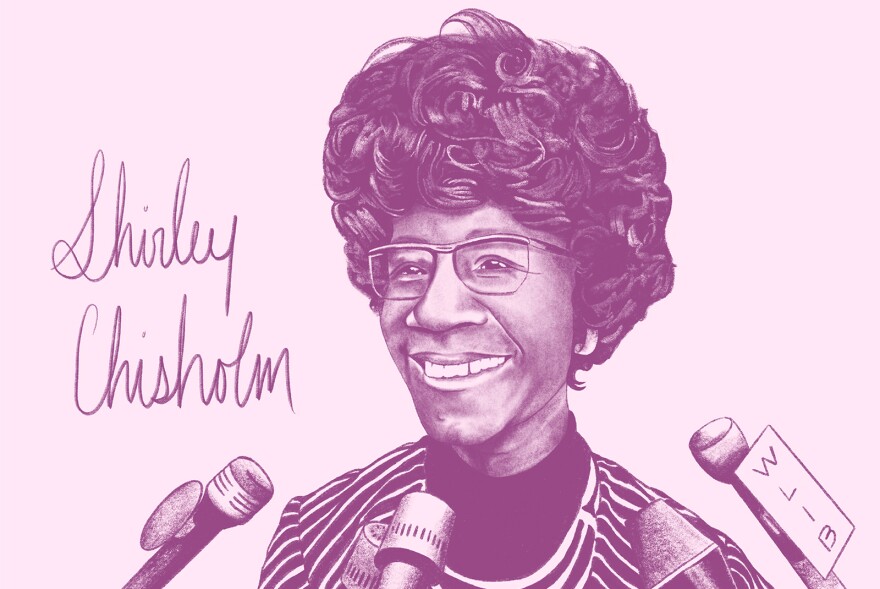65,615,653.
On Tuesday, Nov. 8, 2016, more than 65 million American voters made history. Though Hillary Rodham Clinton did not become president of the United States, her nomination to run for president on a major-party ticket and her then-record-setting popular vote count declared to many Americans that Clinton would not be the last woman to run for president. And that final glass ceilings of male privilege in national politics were closer to shattering than ever before.
Though the crowd gathered in the Javits Center in Midtown Manhattan did not get to celebrate a victory that night, Clinton’s candidacy and campaign revealed a lot about the nature—the good and the bad—of women participating in politics.
Initially, men believed that politics was too dirty and corrupt for women, the angelic keepers of domestic safe havens. Throughout most of U.S. history, voting took place in dark and dingy saloons. Nominations were brokered in smoke-filled rooms, where party bosses made sure their interests were met. Voting didn’t even take place in secret until the latter part of the 19th century, meaning that peer pressure and corruption played almost as large a role as candidate platforms.
And campaigning? In 1800, Thomas Woolsey, the president of Yale College and an ardent supporter of President John Adams, declared that if Thomas Jefferson won, “we would see our wives and daughters the victims of legal prostitution.” If you believed that women, in particular white, middle-class women, were pure and righteous, politics did not present itself as a particularly respectable venue. If you wanted to keep your good reputation, that is.
But if the political process is meant to guide the nation in our most important choices—who serves and represents us and our needs in governmental decisions—many women believed that they deserved a seat at the table. As women became active advocates of women’s rights, women’s suffrage, and women’s autonomy, they also began asking who is best fit to serve the full needs of our towns, states, and nation, and why were women excluded?
In this final episode of Hindsight, we will explore how women became active participants in the political process and candidates for political office. We will find political women on the radical extremes and in the more conservative center of politics. And we will discover who chose to answer the call to serve from all corners of American life, bringing with them new ideas and perspectives to the political arena, changing how we envision a “politician” forever.




